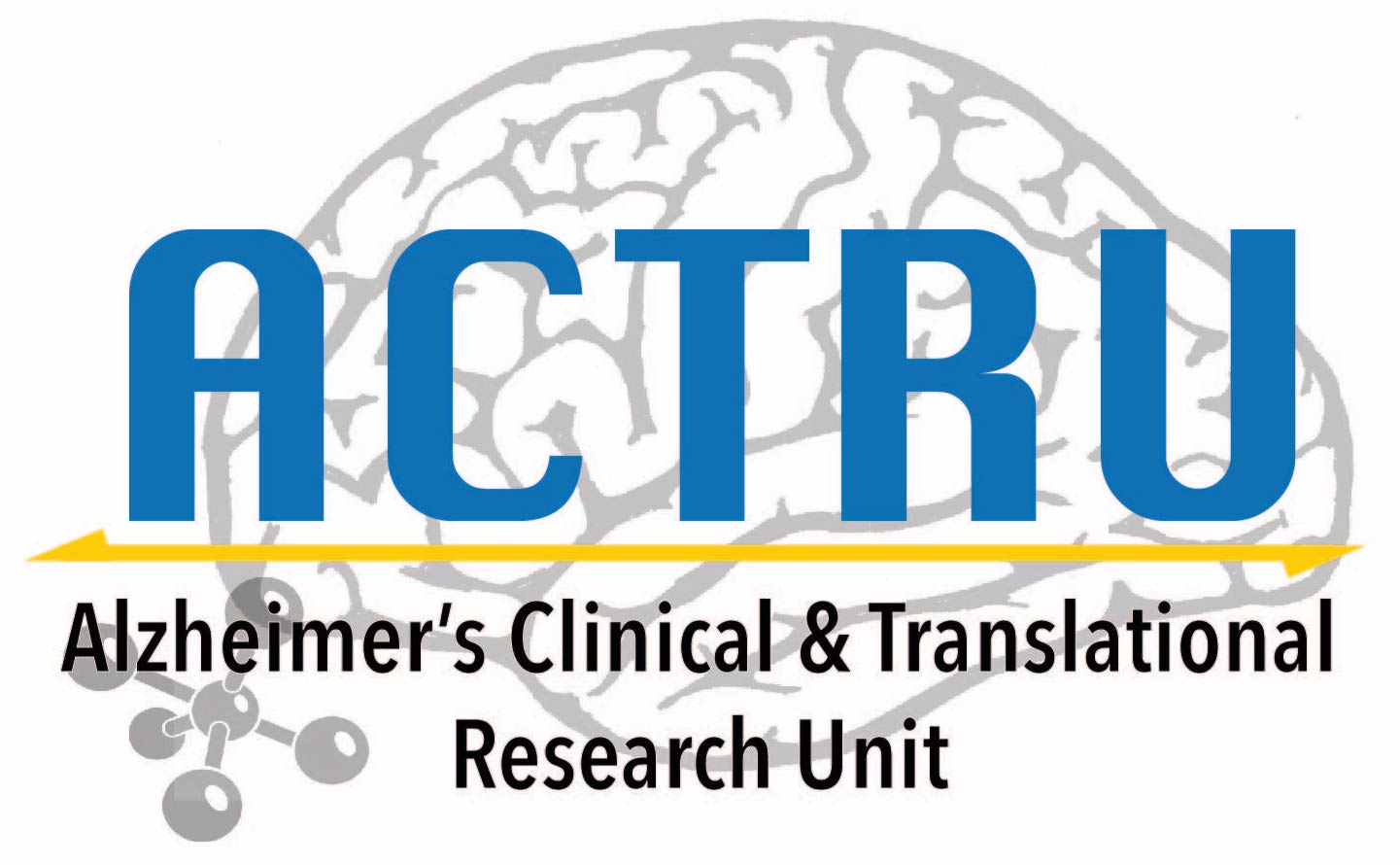Meet Our Team
Members of the ACTRU team come from all walks of life, yet we focus on one common goal: improving the lives of individuals impacted by Alzheimer's Disease.
Dr. Arnold leads a broad clinical and translational research program on Alzheimer’s disease and other neurocognitive disorders of aging. His major interests include clinicopathological correlation studies of molecular markers in human cerebrospinal fluid and postmortem brain tissue, the discovery and validation of biochemical biomarkers for diagnosis and staging of neurodegenerative dementias, and the design and conduct of novel, early phase and proof-of-concept clinical trials. Specific topics of interest in Alzheimer’s disease include laboratory and clinical research studies of brain insulin resistance and cellular metabolic dysfunction, proteomic analyses in brain tissue and cerebrospinal fluid with clinical correlation, and the neurobiological roots of neuropsychiatric dysfunction. Dr. Arnold’s work aims to accelerate therapeutics discovery and development for Alzheimer’s disease and related dementias with innovative mechanistic and biomarker-intensive clinical trials.
After receiving his M.D. from Boston University, Dr. Arnold completed residency training in Psychiatry at the New York State Psychiatric Institute/Columbia Presbyterian Medical Center in New York, and residency training in Neurology at the University of Iowa Hospitals and Clinics in Iowa City. He also completed fellowship training in Behavioral Neurology / Cognitive Neuroscience and was a post-doctoral associate in Neuroanatomy in Iowa. Dr. Arnold is board certified in both neurology and psychiatry. After his training, Dr. Arnold joined the faculty at the University of Pennsylvania where he was Professor of Psychiatry and Neurology until his move to MGH in 2015.
At MGH, Dr. Arnold is leading the Interdisciplinary Brain Center, a new collaboration of the Departments of Neurology. Psychiatry and the Martinos Center for Neuroimaging. Its mission is to facilitate the discovery, development, and implementation of promising therapeutics and associated diagnostics for individuals with complex brain disorders that affect cognition, behavior and emotion. Alzheimer's disease and related disorders are major disease interests of the Interdisciplinary Brain Center.
Director/Principal Investigator: Steven E. Arnold, MD
Leadership
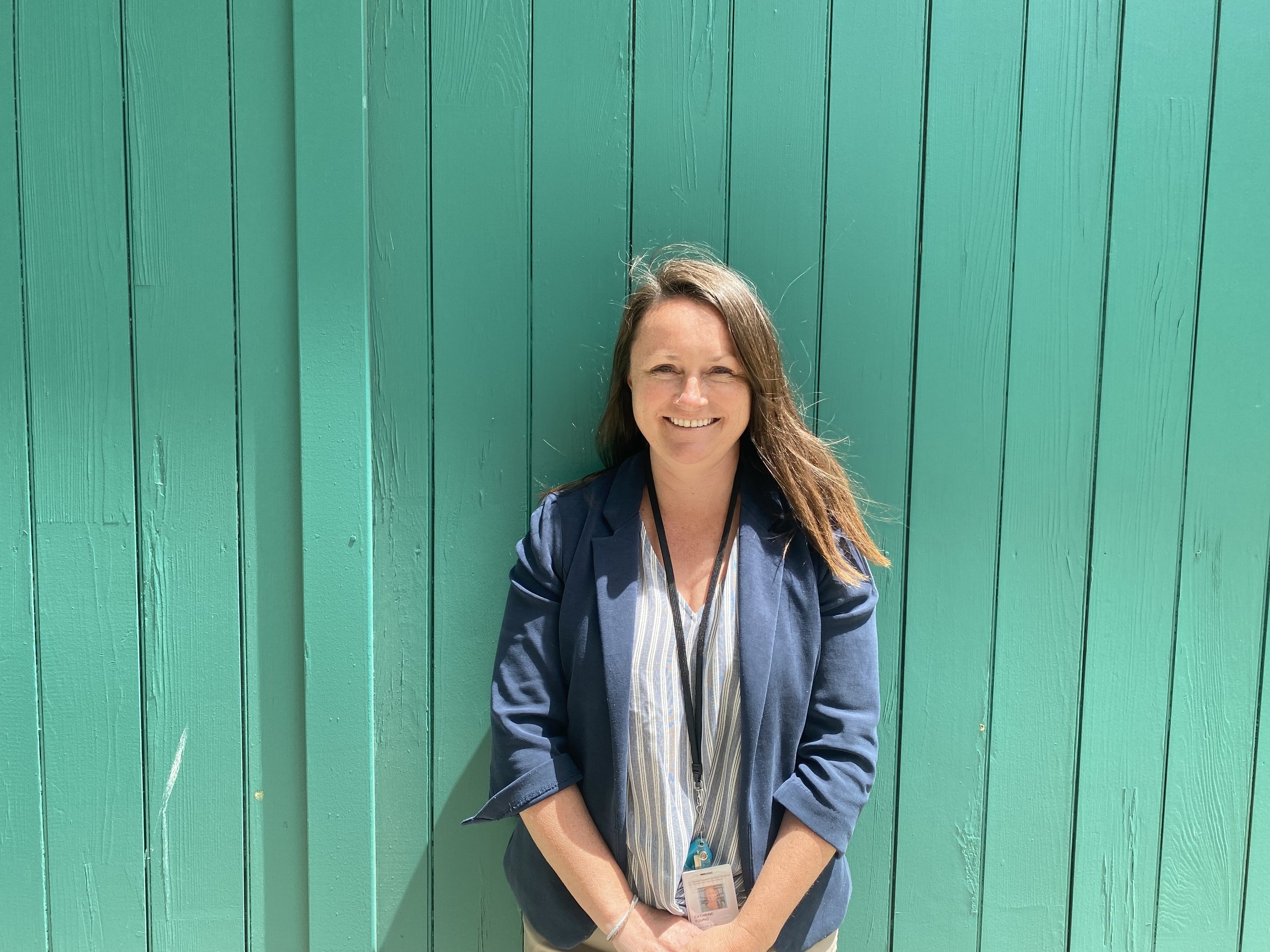
Preferred Pronouns: she/her/hers
Katie joined the clinical leadership team at ACTRU as a Clinical Research Project Manager in the spring of 2022. Katie graduated from Stetson University with a BS in Biology and minors in Psychology and Health Care Issues. She earned a Master’s degree in Neuroscience from the University of Hartford in 2005 and performed her thesis work in the Blood-brain-barrier lab in the Department of Pharmacology at the University of Connecticut Health Center. Building on an early research career in bench neuroscience at Genzyme and clinical research coordination in Cerebral amyloid angiopathy at MGH, Katie is excited to support the design and execution of innovative investigator- initiated clinical studies that will impact the treatment of Alzheimer’s disease.
Prior to joining ACTRU, Katie spent several years working in Research Project Management at Boston University in the Framingham Heart Study (FHS) Brain Aging Program (BAP), where she was involved in the daily research operations of a NIH supported Neuropsychology team working on integrating digital tools of cognitive assessment (digital pen, digital voice, app-based tests) into the FHS generational cohorts. While at FHS, Katie helped transition the Brain Donation program to the BAP; facilitated research collaborations and managed the coordination of ongoing Neuropsych testing and dementia surveillance. She also worked as an Adjunct Professor of Anatomy & Physiology at Bunker Hill Community College, where she proudly groomed many students for matriculation into fields in the health professions. Katie is thrilled to utilize her combination of experiences to make an impact at ACTRU and for the Alzheimer’s research community.
Senior Project Manager: Katie Young, MS

Dr. Hiroko Dodge joined ACTRU in October of 2022. Before joining the ACTRU, she was a professor of neurology at Oregon Health & Science University and an endowed professor of neurology at the University of Michigan. Between 2010 and 2019, she simultaneously directed the Michigan Alzheimer’s Disease Center Data Core and Oregon Alzheimer’s Disease Center Data Core. Besides her quantitative skills, she has been the PI for NIH-funded behavioral intervention studies for over the past ten years, examining whether social interactions by using video chats can enhance cognitive functions. She enjoys cooking and hiking in the woods.
Dr. Dodge’s website: https://dodgelab.wixsite.com/dodge-lab
Director of Research Analytics for the IBC: Hiroko Dodge, PhD
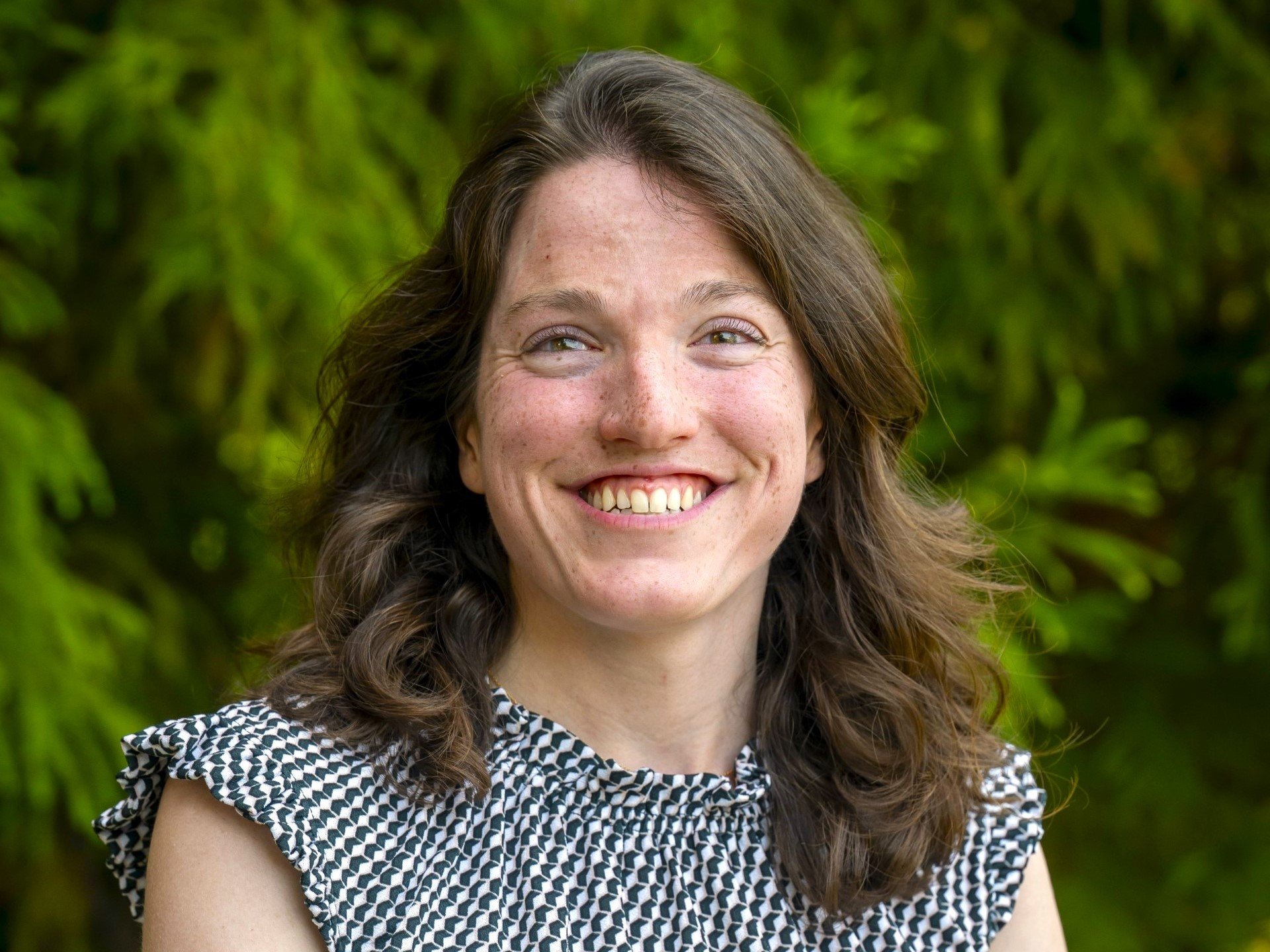
Kayla is the Senior Regulatory Affairs Coordinator at the Alzheimer’s Clinical and Translational Research Unit. She holds a Master of Science degree in Biotechnology from Georgetown University, where she engaged in comprehensive coursework on drug development, covering pre-clinical research to market access for innovative therapeutics.
Her passion for Neurology was sparked during her undergraduate studies as a Psychology major. Through both learning and hands-on work experience in Neurology and Psychiatry, Kayla has recognized the profound impact that new medical therapies can have on patients. This realization fueled her desire to contribute to product development, ensuring that groundbreaking treatments for neurological disorders reach those in need.
In her regulatory affairs role at ACTRU, Kayla enjoys contributing to the startup of new research studies with promising new therapeutic products. Prior to joining ACTRU, she served as a research coordinator, managing clinical trials that assessed the effects of medical device treatments on various neurological and psychiatric conditions.
Outside of her professional commitments, Kayla enjoys spending quality time with family and friends, traveling, and honing her baking skills.
Senior Regulatory Affairs Coordinator: Kayla McEachern, MS
Preferred Pronouns: she/her/hers
Dr. McManus is a Family Nurse Practitioner who supervises translational and clinical trial activities within the Alzheimer’s Clinical & Translational Research Unit. Her work broadly involves the management of the research team engaged in the conduct of sponsor and investigator-initiated trials as well as the clinical care of patients enrolled in clinical research projects within the ACTRU.
Dr. McManus graduated from The Miss A.J.MacMaster School of Nursing in 1987 and subsequently worked as a Registered Nurse in both the Intensive Care Unit and Emergency Departments for the first 20 years of her career. After receiving her MSN as a Family Nurse Practitioner in 2006, she began working as a Co-Investigator on clinical trials with an infectious disease and internal medicine focus. Upon receiving a Doctorate in Nursing Practice from Rush University under the guidance of Dr. Melanie Dreher (2013), she assumed the role of Principal Investigator becoming one of only a few Nurse Practitioners in the nation who are leading these types of clinical drug trials. Dr. McManus joined the Arnold Lab in June 2018 after relocating to Boston from San Diego.
Dr McManus has always embraced the challenge and reward of confronting traditional systems and focused a lot of her graduate work on addressing health disparities in the LGBTQ community. She believes that different backgrounds, ideas, and perspectives create a stronger and more creative work environment that ultimately results in better outcomes. Dr. McManus is committed to applying this philosophy to her work with Dr. Arnold and the team at the ACTRU in their search for a cure for Alzheimer’s Disease.
Clinical Research Nurse Manager: Alison McManus, DNP, FNP-BC

Biobank Core Manager: Pia Kivisäkk Webb, MD/PhD
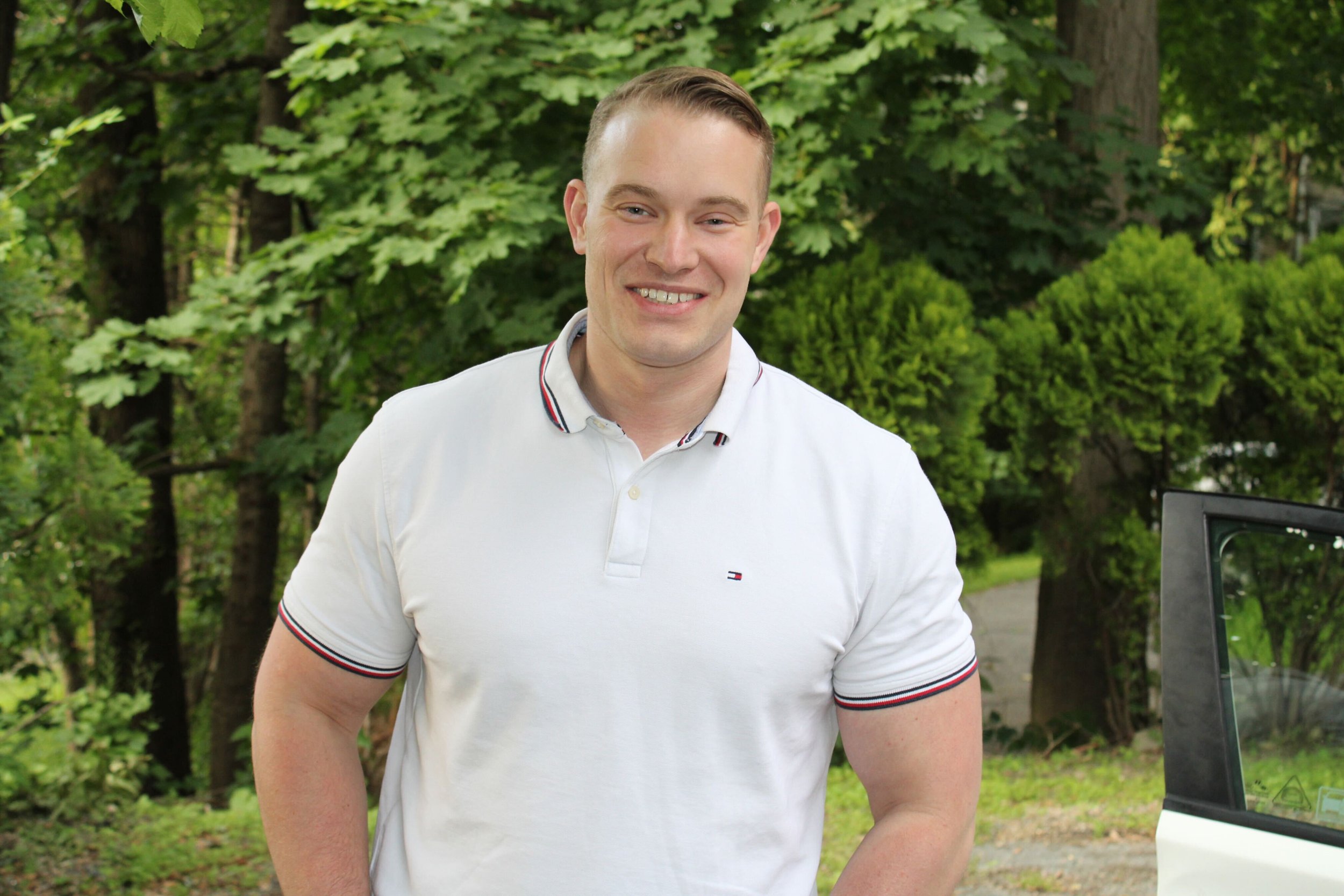
Jake joined the Alzheimer’s Clinical & Translational Research Unit as a CRC I in the spring of 2021, and currently serves as Project Coordinator. In this position, he serves to accelerate clinical operations and is experienced in MR acquisition, data analysis, DevOps, industry relations, and regulatory affairs. He is lead on the MIND GamePack project, which seeks to develop and validate the use of tablet-based games in the cognitive assessment of adults. Broadly, Jake is interested in emerging digital technologies and their integration within the clinical setting.
Jake holds both a Bachelor of Science in Psychology and a Bachelor of Science in Biology from the University of Massachusetts Boston, and is concurrently employed at McLean Hospital as a Shift Leader, where he manages an acute residential unit for adolescents. Jake is also involved with The Common Room, an organization which helps foster community amongst young adults on the Autism Spectrum Disorder.
In his free time, Jake enjoys strength training, playing basketball, writing, and traveling.
Publications: ResearchGate
Senior Project Coordinator: Jake Galler, BS
Collaborators

Dr. Edmarie Guzmán-Vélez is an Instructor at the Massachusetts General Hospital and Harvard Medical School. She was born and raised in Puerto Rico. She completed a bachelor’s degree in Psychology at the University of Puerto Rico-Río Piedras, her doctorate in clinical psychology at the University of Iowa, and fellowship in neuropsychology and geropsychology at the Boston VA in 2016.
As a graduate student Edmarie examined the dissociation between emotions and memory in Alzheimer’s disease (AD) and its neural correlates, as well as the effectiveness of a two-day intervention for dementia caregivers. After she completed her PhD, Edmarie worked as a postdoctoral fellow in the Multicultural Alzheimer Prevention Program directed by Dr. Yakeel Quiroz at the Massachusetts General Hospital and Harvard Medical School. Her research as a postdoctoral fellow primarily focused on identifying cognitive tests that are sensitive to early pathological changes in familial AD and that can reliably differentiate individuals in the preclinical stage of AD from adults with no genetic predisposition for AD, and on using neuroimaging techniques to measure changes in functional brain connections in preclinical AD. She has extended her research to investigate lifestyle factors that can protect against the onset of cognitive symptoms associated with neurodegenerative disorders, particularly AD, and its mechanisms. Edmarie is working with Dr. Arnold and his team to examine markers of neuroinflammation in familial AD and their relation to cognition and physical activity in the preclinical stage.
Edmarie Guzman-Velez, PhD

Preferred Pronouns: she/her/hers
Jess’s original education and professional development were in the field of manufacturing engineering; however, all along she had an interest in integrative health and decided to pursue a career as an acupuncturist. After owning a clinic in which she saw 60+ patients per week, she transitioned over to the MGH Martinos Center for Biomedical Imaging first as a research acupuncturist and then added project manager responsibilities. As a research acupuncturist, her job is to provide acupuncture therapy services to subjects enrolled in ongoing clinical and basic research studies. She continues to perform acupuncture both inside and outside the MRI scanner. She received her doctorate in acupuncture in May of 2020 from Pacific College of Health and Science. As project manager, she supported and facilitated the daily clinical trial activities by working with the PIs, RAs, site support, sponsors and subjects; and she continues to consult on NIH Program Project Grants and other clinical trials for the Martinos as needed.
Most recently Jess joined neurologist Dr. Steven Arnold’s research program ACTRU as Program Manager. Here she oversees protocol start-up activities for over 15 studies primarily focused on the identification and prevention of Alzheimer’s Disease; eight of these studies are clinical trials with pharmaceutical interventions. She coordinates sponsor and regulatory activities, resource allocation and program staffing for all protocols as required.
In addition, Jess is the Program Manager for the newly forming Interdisciplinary Brain Center for Translational and Clinical Research. The IBC will be both a state of the art Clinical and Translational Research Unit shared with the I3 (Institute for Innovation in Imaging) and an academic collaboration between the MGH Departments of Neurology, Psychiatry and Radiology (specifically Martinos Center). Jess contributes by identifying and organizing the facility and service needs of the researchers predicted to use the space. Additionally, she is coordinating all start-up activities related to the CTRU of the IBC/ I3 including but not limited to inputs to the space planning and design, predictive modelling and budget justification, utilization forecasting and staffing. Jess is also helping to coordinate a common assessment that all subjects participating in research at the CTRU of the IBC/I3 could take part in; eventually she will help organize access to this data from researchers from all over the globe.
Jess looks forward to continued collaborations with researchers of all backgrounds to further support the IBC mission which is to facilitate and synergize research for brain disorders.
Jessica Gerber, DAc, MS

Dr. Anna Goodheart joined the MGH Institute for Neurodegenerative Disease in July 2019, where she is completing a two-year post-residency fellowship program as an American Academy of Neurology clinical research scholar. Clinically, she is undergoing fellowship training in both Memory Disorders and Movement Disorders, primarily seeing patients with Alzheimer disease, Parkinson disease, dementia with Lewy bodies, and related disorders. From a research perspective, she is interested is translational and clinical research in the neurodegenerative diseases. Her primary research focus as a fellow is using molecular neuroimaging tools to map epigenetic molecules in patients with Parkinson disease and dementia with Lewy bodies. She is excited to collaborate with ACTRU in clinical trial work in dementia with Lewy bodies.
Dr. Goodheart graduated from the University of Connecticut with a BS in Biology in 2011, where she completed her Honors research thesis in a neural stem cell laboratory, examining populations of stem cells in mouse models of Parkinson disease. She obtained her MD from the University of Pittsburgh in 2015. As a medical student, she worked in an Alzheimer disease research group, doing molecular neuroimaging biomarker research with the beta-amyloid tracer Pittsburgh Compound-B. She completed her internship in Internal Medicine at MGH in 2016 and her residency in Neurology at the combined Harvard MGH-BWH residency program in 2019. After her current fellowship, she plans to pursue a career as a clinician-researcher.
Anna Goodheart, MD
Clinical Team
Nursing
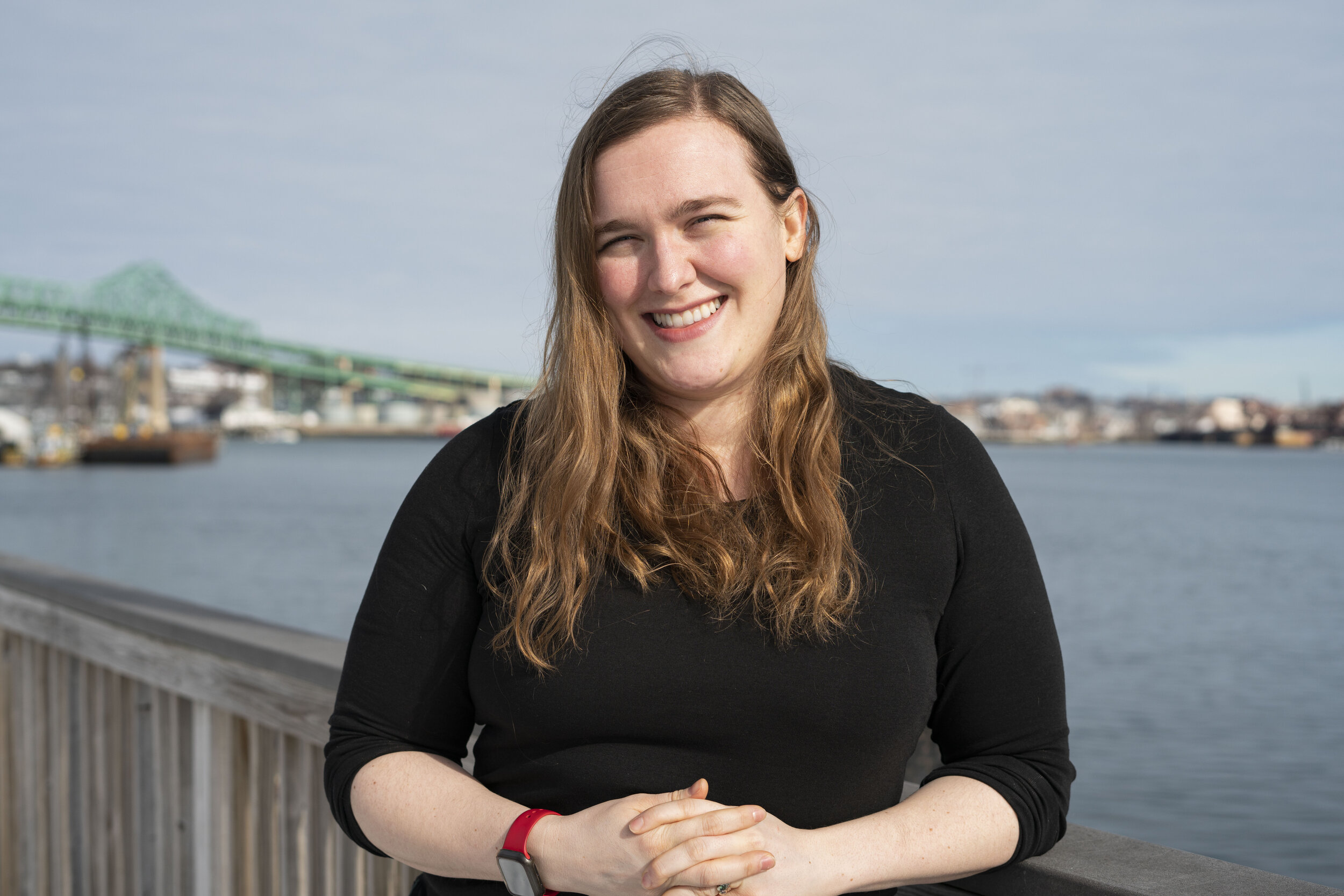
Preferred Pronouns: she/her/hers
Kelli Devitte-McKee is an Adult-Gerontology Acute Care Nurse Practitioner (AGACNP) who has been working with ACTRU since November 2020. She graduated from Vassar College with her degree in Neuroscience in 2012. She then moved on to get her Bachelors of Nursing in 2015 and her Masters of Nursing in 2017, from MGH Institute of Health Professions. Her previous work before this includes heading a student run volunteer medical clinic for the Somerville community, and working as a staff nurse at McLean Hospital on the Bipolar and Schizophrenia unit. She also currently works with a second research lab in the Navy Yard that focuses on imaging in aging and dementia related processes. She is passionate about patient education and healthcare empowerment and hopes to work as an educator in her future work.
Kelli Devitte-McKee, MSN
Data Analytics

Dr. Chao-Yi Wu is an Assistant Professor of Neurology at Harvard Medical School. She has over ten years of experience in the field of Alzheimer's disease and related dementias research - spanning biostatistics, home sensing technologies, and occupational therapy. Her work leverages multimodal digital and fluid biomarkers to improve early detection, making home-based disease monitoring feasible and accessible. Her research has received support from multiple National Alzheimer’s Disease Research Centers, and she is a Research Education Component scholar in both Massachusetts and Oregon, funded by the National Institute on Aging (NIA). Her contributions to heterogeneity testing methods in the context of Alzheimer’ trials have led to invited talks at leading Alzheimer’s scientific forums. She also serves as a grant reviewer for several international scientific foundations. To date, she has published over 30 scientific articles in her field.
Chao-Yi Wu, PhD
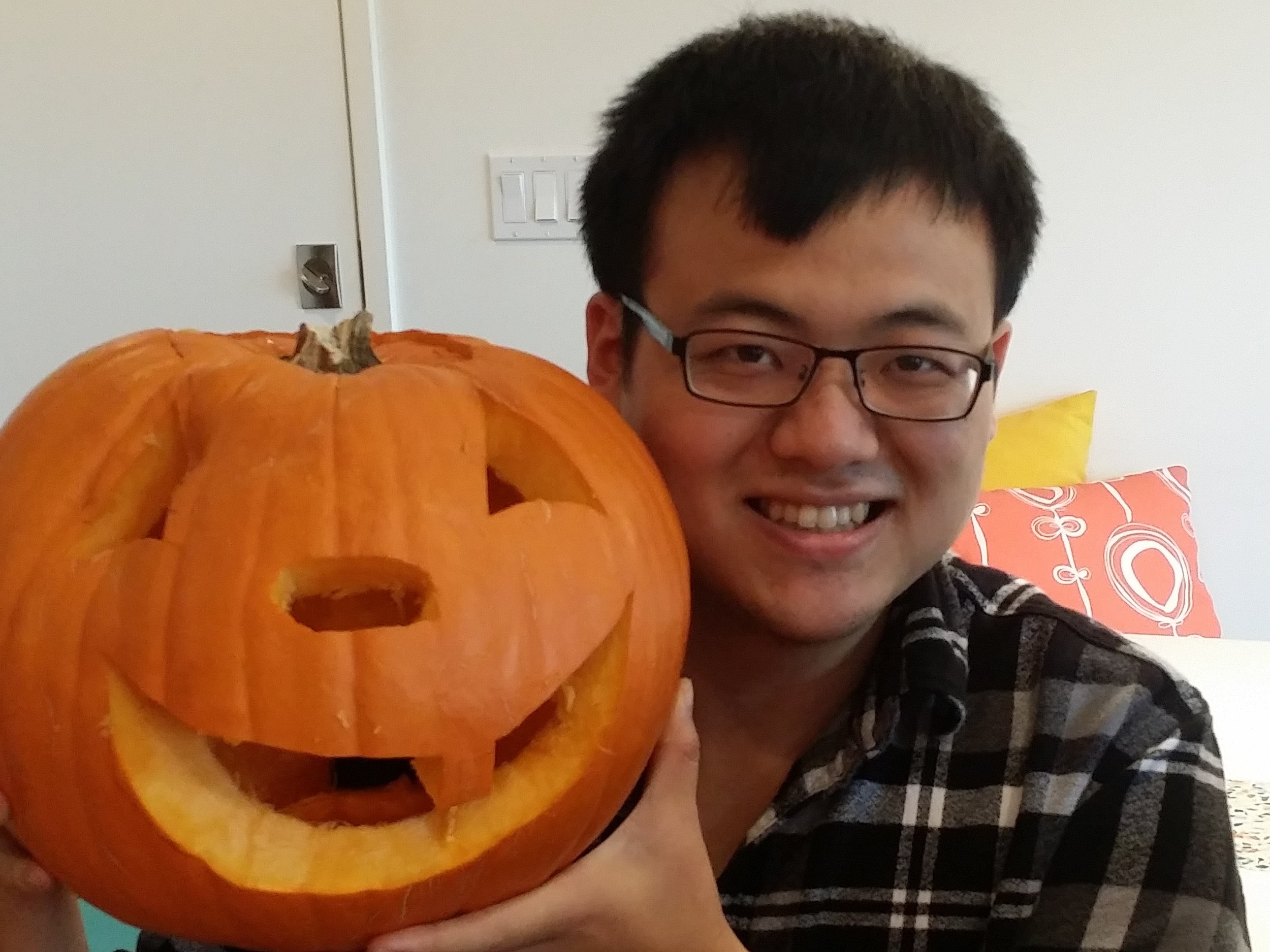
Dr. Liu Chen is a research fellow at the Massachusetts General Hospital and Harvard Medical School. He joined ACTRU in March of 2024. Holding a PhD in Computer Science from Oregon Health & Science University, he is a driving force in applying artificial intelligence to cognitive research. His expertise encompasses crucial AI domains including automatic speech recognition, natural language processing, image processing, and speech synthesis. Beyond the lab, he is a passionate amateur street photographer, finding visual harmony within the world's complexities.
Liu Chen, PhD
Translational Team
Postdoctoral Fellows and Research Technicians

Preferred Pronouns: he/him/his
Dr. Mahesh Chandra Kodali is a Research Fellow in Neurology at Massachusetts General Hospital and Harvard Medical School. He joined the lab in Feb 2021 and is working with Dr. Arnold, Dr. Weinberg, Dr. Kivisakk and the team at Alzheimer’s Clinical & Translational Research Unit (ACTRU) to explore novel interventions that could potentially modify/halt/slow-down the progression of Alzheimer’s disease. He is primarily involved in studying the peripheral and Central Nervous System (CNS) specific effects that develop in response to the trained immunity induced by BCG vaccination in older adults. He performs ex-vivo experiments on the cells derived from peripheral blood to understand the molecular and cellular mechanisms regulating trained immunity. Besides, he also analyzes cerebro-spinal fluid (CSF) samples to develop novel cellular assays to understand the neuro-immune signatures and epigenetic modifications in the cells derived from the CSF.
Mahesh obtained his doctorate in Biomedical Sciences with a concentration in Molecular and Systems Pharmacology from the University of Tennessee Health Science Center (UTHSC, Memphis, TN, USA) in December 2020. During his PhD, he worked in the laboratory of Dr. Francesca-Fang Liao where he modelled the earliest sequential events during the advancement of systemic inflammation into the CNS. This work helped to better understand the interplay between the vascular and glial cells in initiating and driving acute neuroinflammatory cascade during Sepsis Associated Encephalopathy. He also studied the contribution of peripheral blood circulating exosomes to neuroinflammation during systemic inflammatory conditions. Additionally, he has experience in preclinical testing of novel compounds aimed to modify microglial activation states during neuroinflammation and evaluated the pharmaco-therapeutic effects of those compounds in several transgenic mouse models of Alzheimer’s disease. Earlier, he obtained a Master of Science degree in Pharmacology and Toxicology from Wright State University, (Dayton, OH, USA).
Mahesh is from the southern part of India, from a place called Hyderabad (Telangana State, India). He obtained his Bachelor of Pharmacy degree from Jawaharlal Nehru Technological University, (Hyderabad, Telangana, India). He is excited to continue his research in translational neuroimmunology together with the diverse team at ACTRU and hopes to contribute to a better understanding of the immunomodulatory mechanisms to target neurodegenerative diseases.
Mahesh Chandra Kodali, PhD
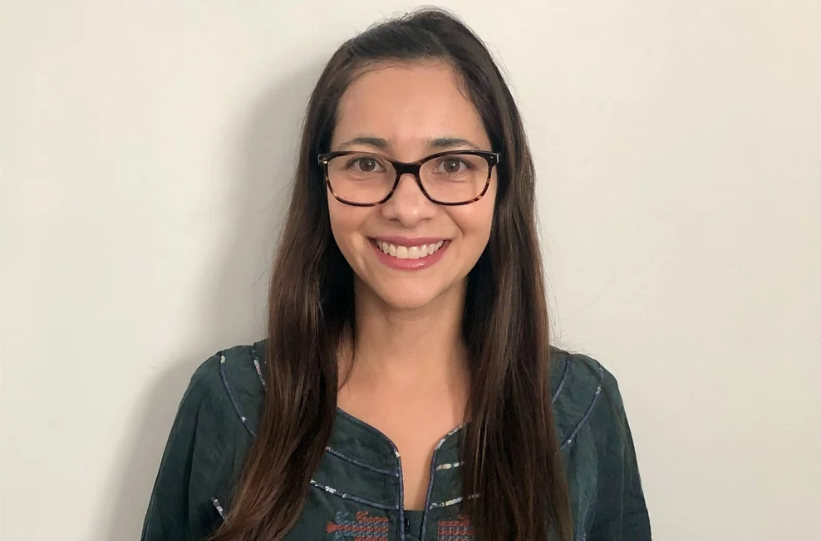
Pronouns: he/him/his
Matthijs is a PhD student from The Netherlands at the Alzheimer's Clinical & Translational Research Unit since spring 2021. In his project he focuses on proteomics of cerebrospinal fluid samples from Alzheimer's disease patients to find potential novel biomarkers and to better understand the molecular mechanisms underlying these biomarkers. Spanning the full translational research spectrum, he performs bioinformatic analyses on large scale datasets with machine learning algorithms, develops novel immunoassays for clinical measurement of potential targets, and studies the underlying molecular mechanisms using in-vitro iPSC models of AD.
Matthijs completed his bachelor's degree in Neuroscience and his master's degree in Molecular Neuroscience at the University of Amsterdam. For his master's thesis he worked in the lab of Dr. Frank Jacobs where he studied recent genomic changes in human evolution and their effects on the complexity of the human brain.
Matthijs grew up in a small town in the northern part of The Netherlands and maintains his Dutch roots by biking all through the city of Boston. He hopes to stay in the area after his graduation and transition into industry.
Johanna Celedon, MSc
Co-Ops

Reyna Layous is a Co-op student at the Alzheimer’s Clinical and Translational Research Unit. Reyna is a third-year Behavioral Neuroscience major on the pre-medical track at Northeastern University. She is also a research assistant in Northeastern’s SHAC Lab, where she studies hearing and cognition. Through her co-op, she contributes to the MIND Tissue Bank study by processing CSF and blood samples, coordinating shipments, and managing data in REDCap and FreezerWorks. Reyna hopes to pursue a career in medicine and is eager to continue exploring the clinical applications of neuroscience and biomarker research.
Reyna Layous

Neha Srivats is a current co-op at the Alzheimer’s Clinical and Translational Unit. She is fourth-year undergraduate student at Northeastern University studying Behavioral Neuroscience with a minor in music. As a co-op, she contributes to different studies by processing CSF and blood samples, coordinating shipments, and managing data through RedCap and FreezerWorks. She is excited to learn about biomarkers and their relationship to neurodegenerative diseases. In her free time, Neha enjoys playing the piano, baking, and trying new restaurants.
Neha Srivats
Administration
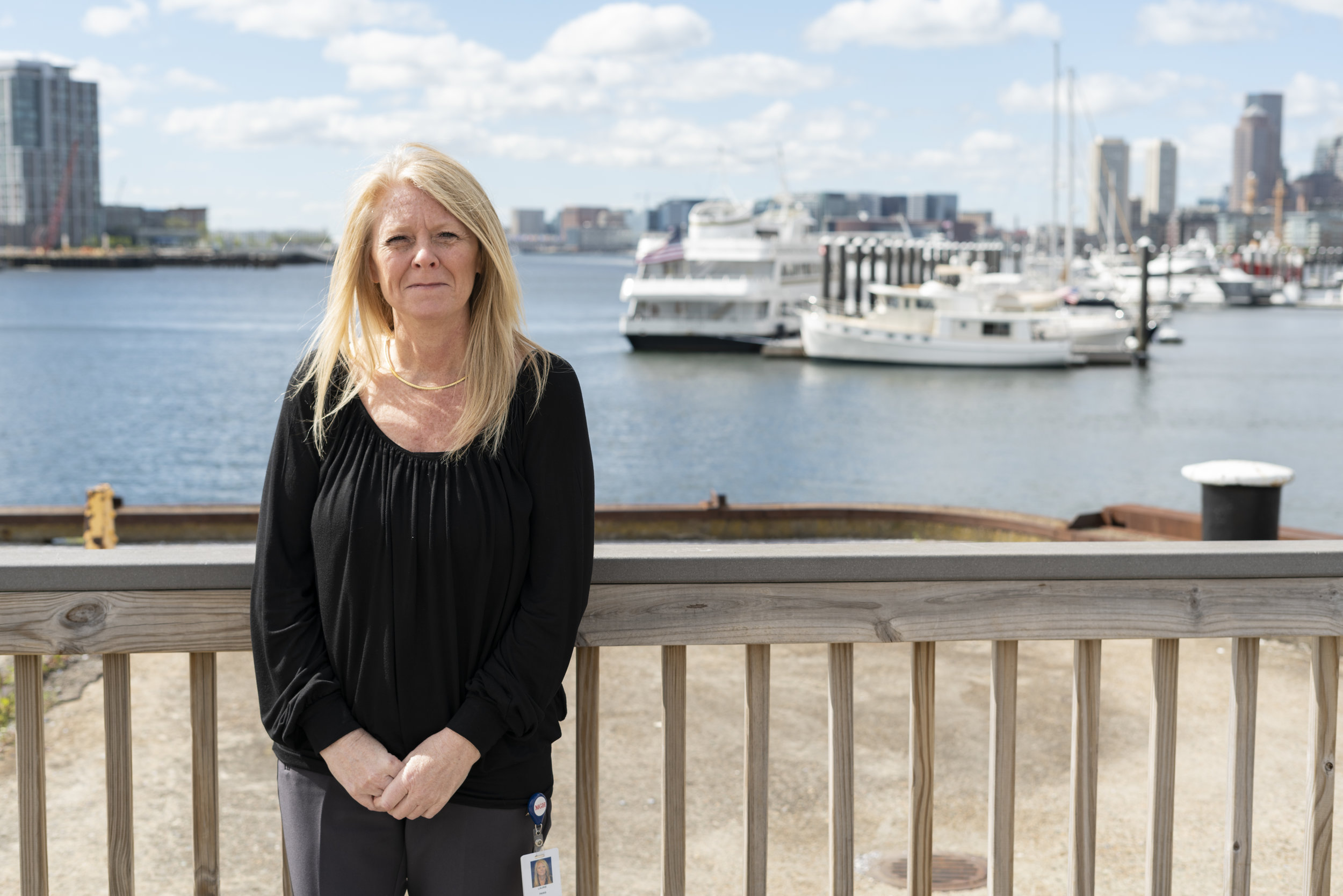
Laurie Paris is the administrative assistant to the Director\Principal Investigator Dr. Steven E. Arnold and the Alzheimer’s Clinical & Translational Research Unit. In this position, Laurie provides administrative assistance with correspondence, meeting scheduling, travel arrangements, file maintenance, processing expense reports, managing invoice payments, reimbursements and assisting with the prescreening of the LifeSpan BioBank Study.
Laurie joined the Alzheimer’s Clinical & Translational Research Unit in September 2018. Prior to her position at MGH, she served as administrative assistant to the Director of Revenue Cycle and Director of Patient Accounts\Finance for Winchester Hospital for over 19 years.
Laurie Paris
